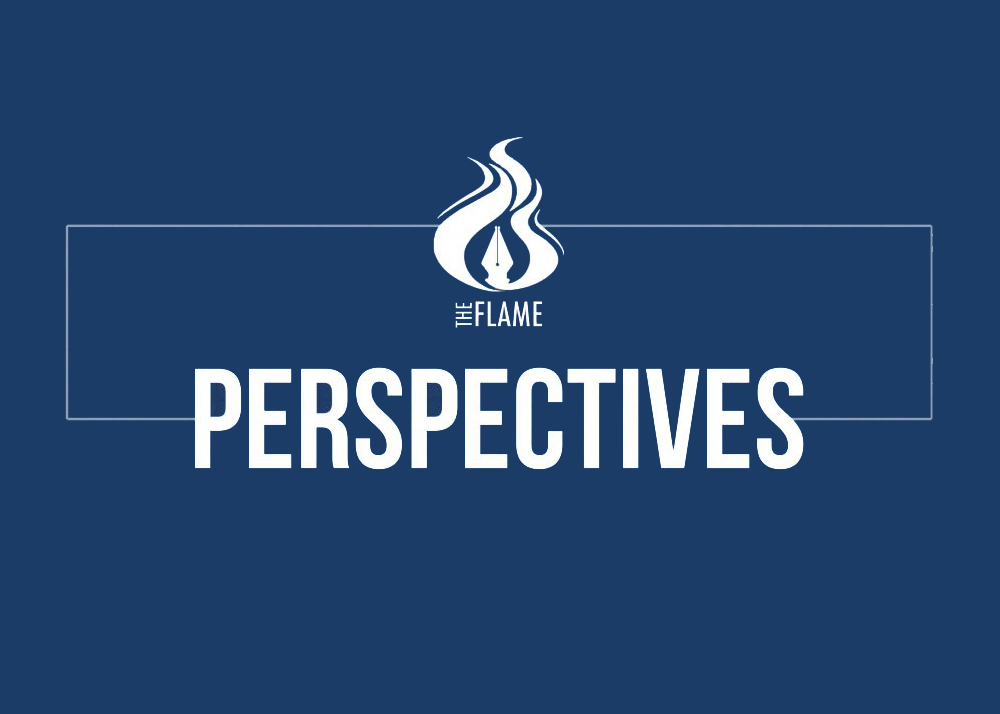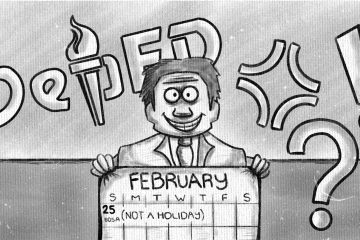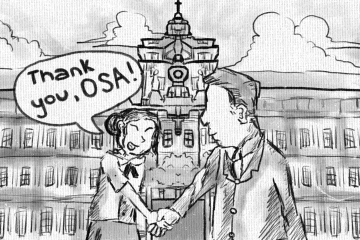By REYANNE LOUISSE AMPONG
Last October, I turned 19 and I spent it with three of my friends in a place I never thought I would spend my birthday at: the Department of Health Treatment and Rehabilitation Center Bicutan (DOH-TRC Bicutan).
We were a little bit nervous the first time we went there; almost all eyes were on us and we did not know how to act. We soon learned it was because the patients become happy every time someone visits the center because they get to see someone new. It is like a break from their everyday routine.
In almost every building inside the facility, there is at least one patient who is at the door or the lobby, ready to answer queries or address needs. It made me happy how accommodating and kind they are, contrary to the stigma attached to drug users that they are unmotivated, violent, or worse “walang kwenta,” without giving them a chance.
Indeed, in the Philippines, where the president has a bloody crackdown on illegal drugs resulting in the death of thousands, and where the president says that “junkies” are not humans, those who suffer from drug addiction are not given a chance.
In August 2016, Duterte was quoted as saying: “You must remember that those who are in shabu for almost one year are [practically] dead. They are the living walking dead… [and] are of no use to society anymore.”
He made this aggravating remark two years ago and yet it is still in my mind. How can one liken humans to zombies when these people are willing to change for the better? It does not help when someone as influential as the head of state spits out these nonsense remarks when some drug dependents already think of themselves as such.
Studies show that low self-esteem may lead to substance abuse; those who are drug dependents often have low self-esteem. Hence, according to health officer Mark Anthony Advincula, the very first thing they bring back in the patients is confidence. This is also what the patients we have talked to told us.
Ate “Bubbles” shared with us that it is her second admittance into DOH-TRC Bicutan and, like the first time, she surrendered herself. Why? Because she wanted to be better; because she needed help. Would it not be lovely when, instead of judging those who suffer from substance abuse, we give them a chance and help them?
Advincula said peer support has a lot of effects on their patients’ recovery. We have to acknowledge the fact that they may have turned to illegal drugs because they wanted an escape without wanting it to eventually corrupt them. What is more important is their willingness to recover from substance abuse.
I feel fortunate to have talked to some people inside DOH-TRC Bicutan because they reminded me that we can be the best version of ourselves when we help ourselves and others as well.
Instead of gunning people down the streets and discriminating against them, the government should be the first to effect change by building and funding facilities and programs which enable the recovery of drug dependents. We do not need blood, much less a president who is proud of the stigma he casts on certain people. F




